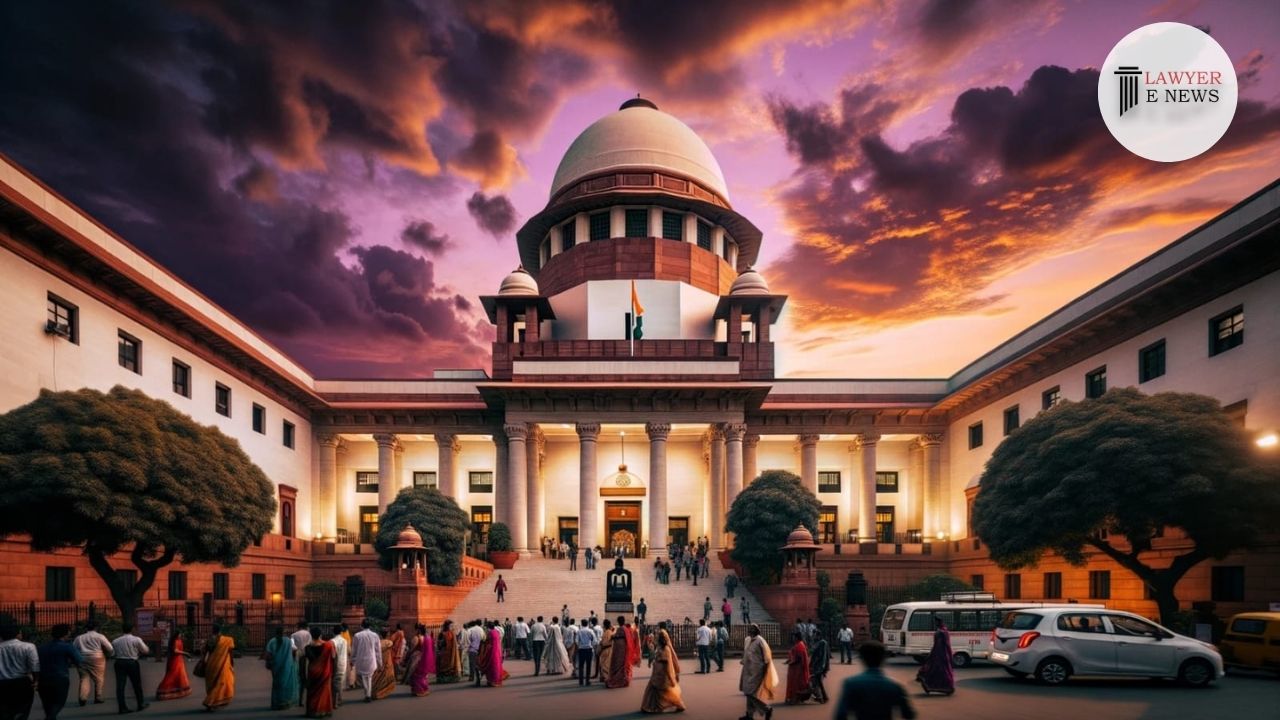-
by Admin
15 February 2026 5:35 AM



In a significant ruling, the Supreme Court of India has held that possession of Wakf properties taken before the enactment of the amendment cannot be treated as encroachment under Section 52A of the Wakf Act, 1995. The judgment, delivered by a Bench comprising Justice S. Ravindra Bhat and Justice Dipankar Datta, emphasizes the importance of safeguarding individuals' fundamental rights and the principle of ex post facto laws.
The case, titled P. V. Nidhish & Ors. v. Kerala State Wakf Board & Anr., involved a dispute regarding the interpretation and retrospective application of Section 52A of the Wakf Act. The appellants, occupants of Wakf properties, contended that their continued occupation, despite unsuccessful attempts by the respondents to evict them, did not render their possession unlawful. They argued that the amendment of 2013, which introduced Section 52A, could not be applied retrospectively as it would violate their rights under Article 20(1) of the Constitution.
The respondents, on the other hand, argued that the continued occupation amounted to a continuing offence and relied on the statement of objects and reasons for the 2013 amendment. They contended that the amendment was not violative of Article 20(1) and cited the Ajay Agarwal case to support their position.
The Court examined the provisions of the Wakf Act, as well as Article 20(1) of the Constitution, which prohibits convictions and sentences under ex post facto laws. It observed that the amendment could not be interpreted to include possession taken in the past, resulting in continued possession when the provision was enacted. Expired leases or terminated arrangements prior to the amendment did not make the occupants "encroachers" under Section 3(ee) of the Act.
The Court highlighted the importance of the fundamental right to protection against retrospective penal legislation. It emphasized that penal provisions should not be applied retrospectively to acts that were lawful when committed, as it would violate the rights guaranteed under Article 20(1). The judgment stated that Section 52A could not cover cases where leases of Wakf properties had expired before the amendment, and tenants were facing civil eviction proceedings.
Additionally, the Court discussed the absence of any allusion to a "continuing offence" in Section 472 of the Criminal Procedure Code, which the respondents relied upon. It held that Section 472 did not apply to actions commenced in the past before the 2013 amendment came into force. The Court noted that treating such acts as a continuing offence would directly deprive the appellants of their rights under Article 20(1).
The judgment also referred to a previous order of the Kerala High Court, which quashed the eviction of the tenants and remitted the matter to the Wakf Tribunal for fresh consideration.
Supreme Court set aside the impugned judgment and allowed the appeal, stating that the appellants were not "encroachers" under Section 52A of the Wakf Act. The Court held that the possession taken before the amendment and the pending eviction proceedings did not amount to a continuing offence. It quashed the criminal proceedings against the appellants.
P. V. Nidhish & Ors. v. Kerala State Wakf Board & Anr.
